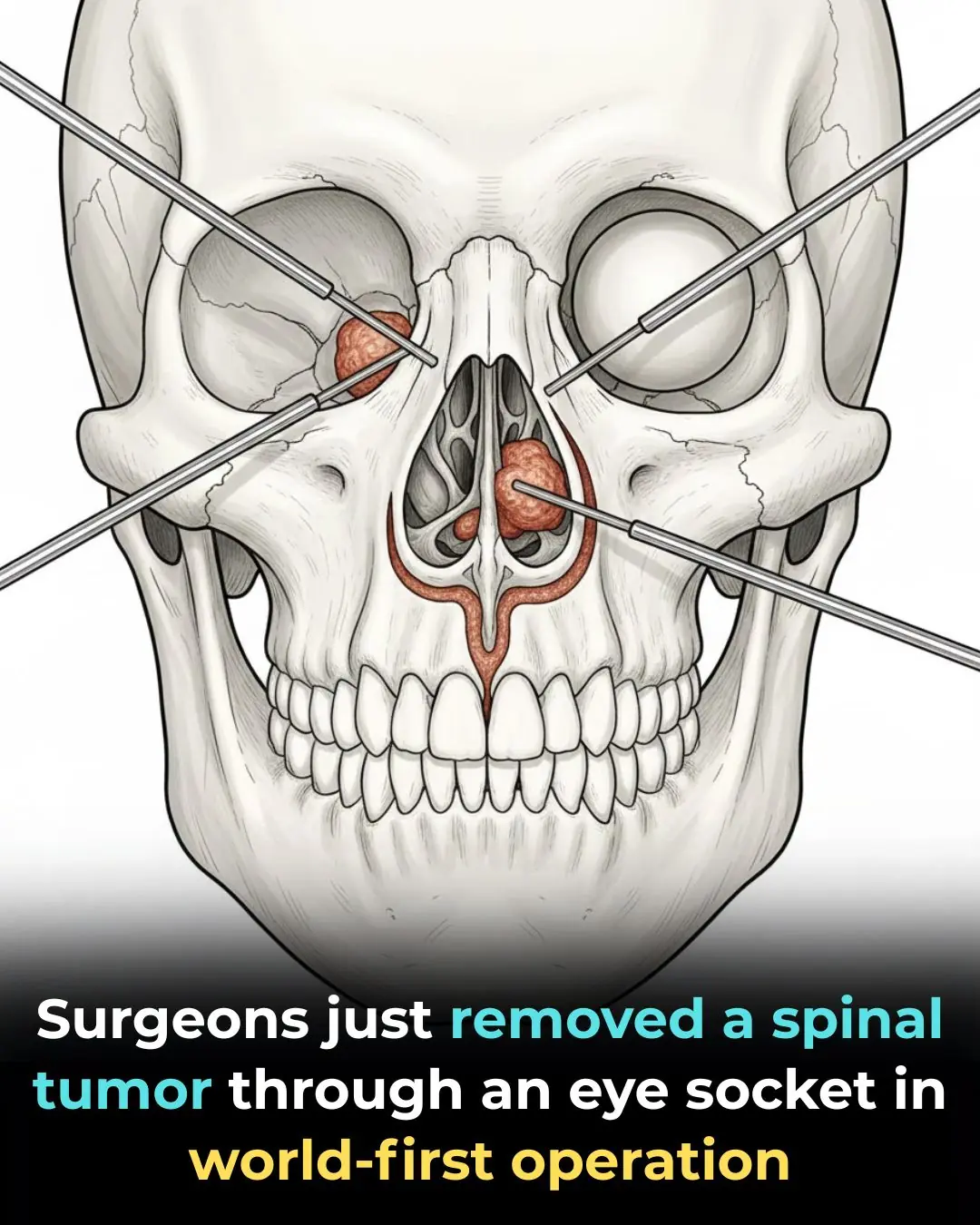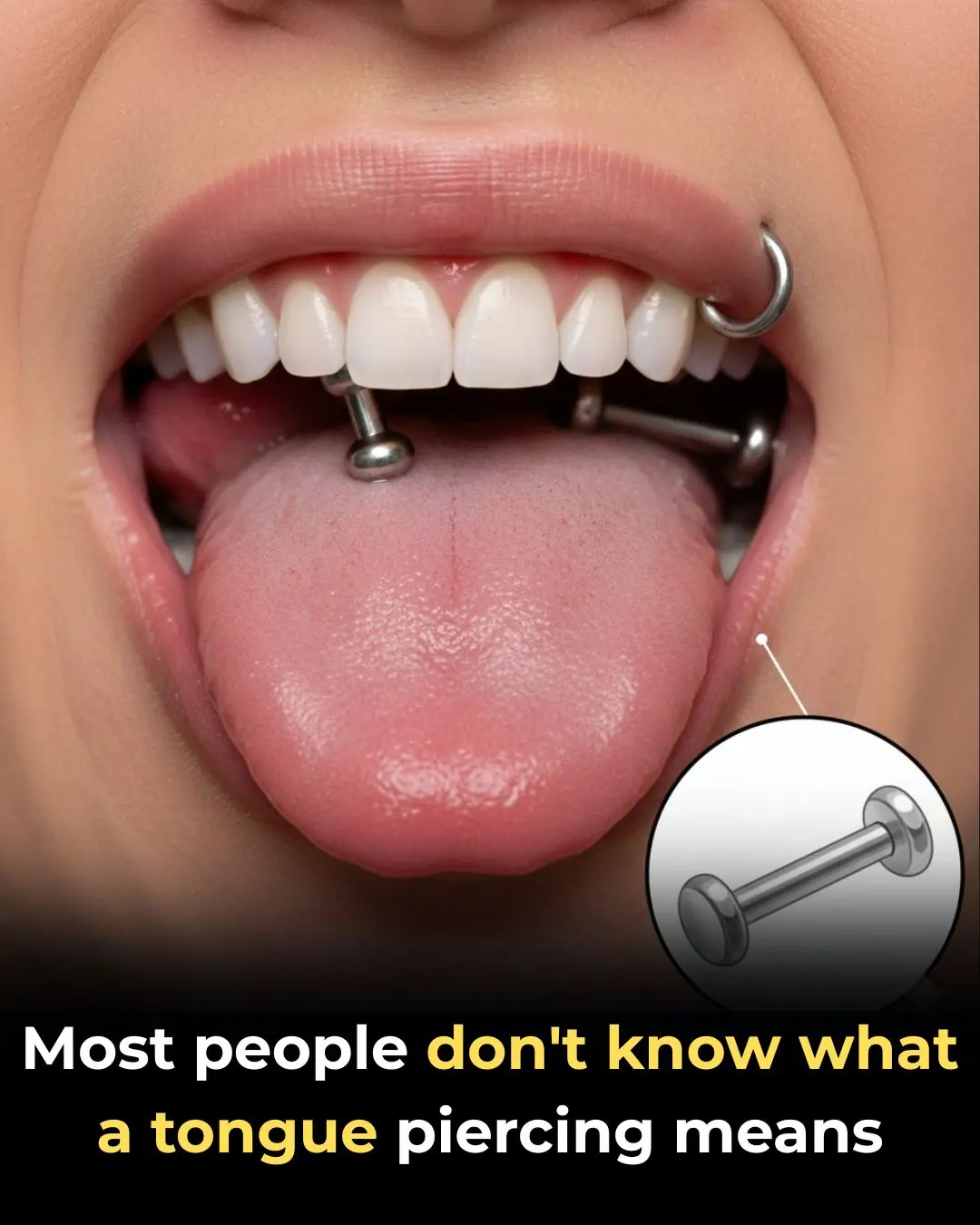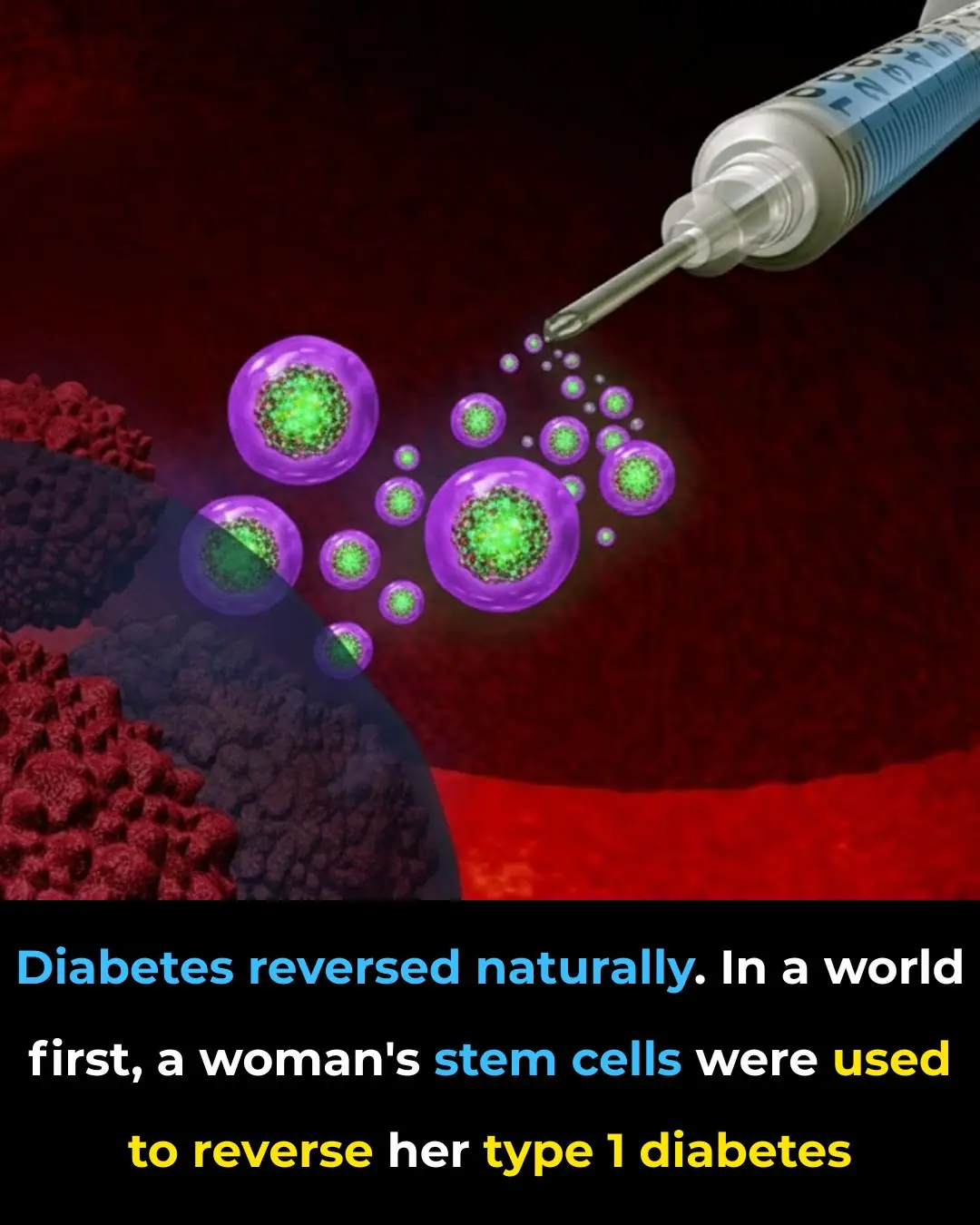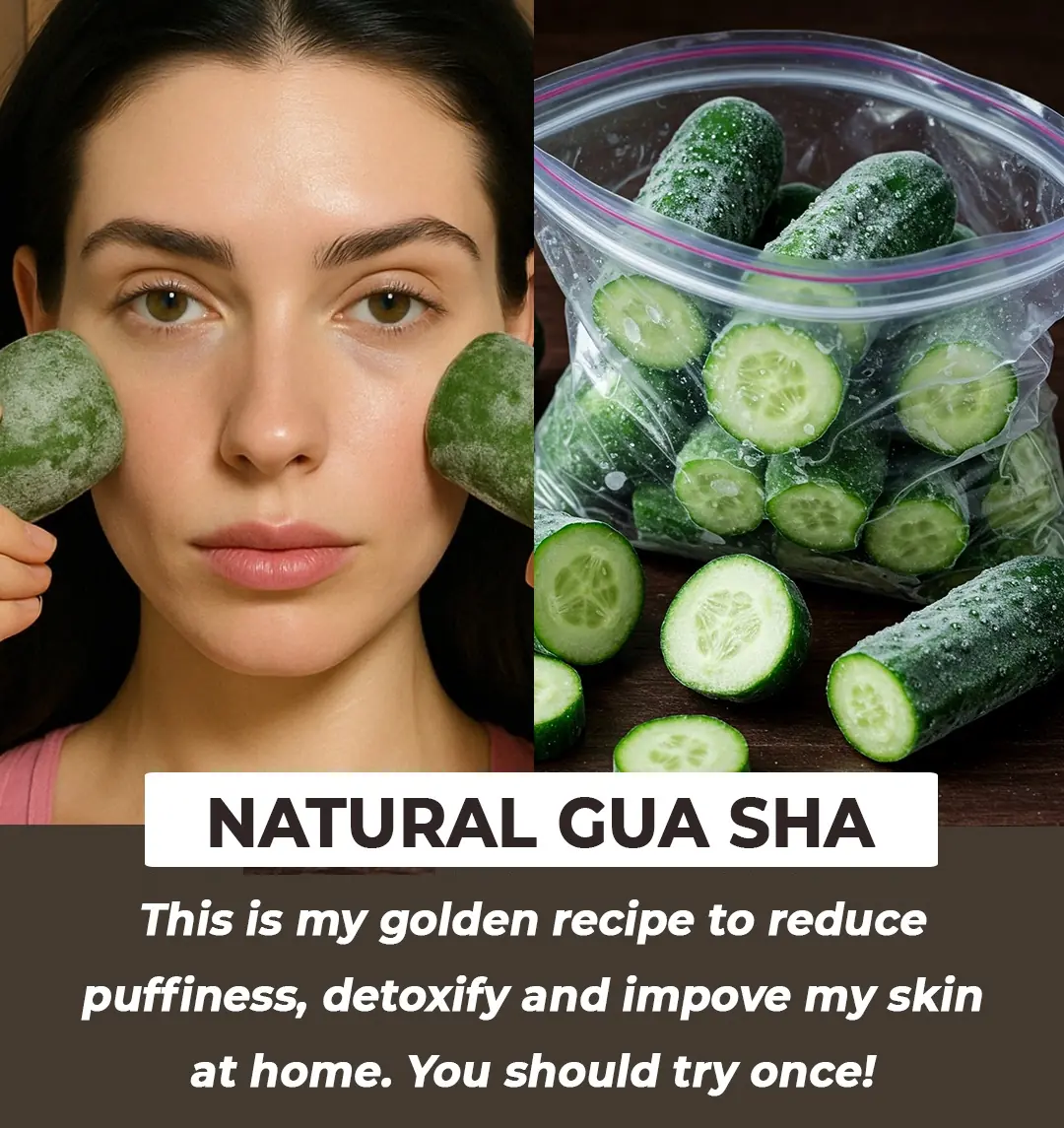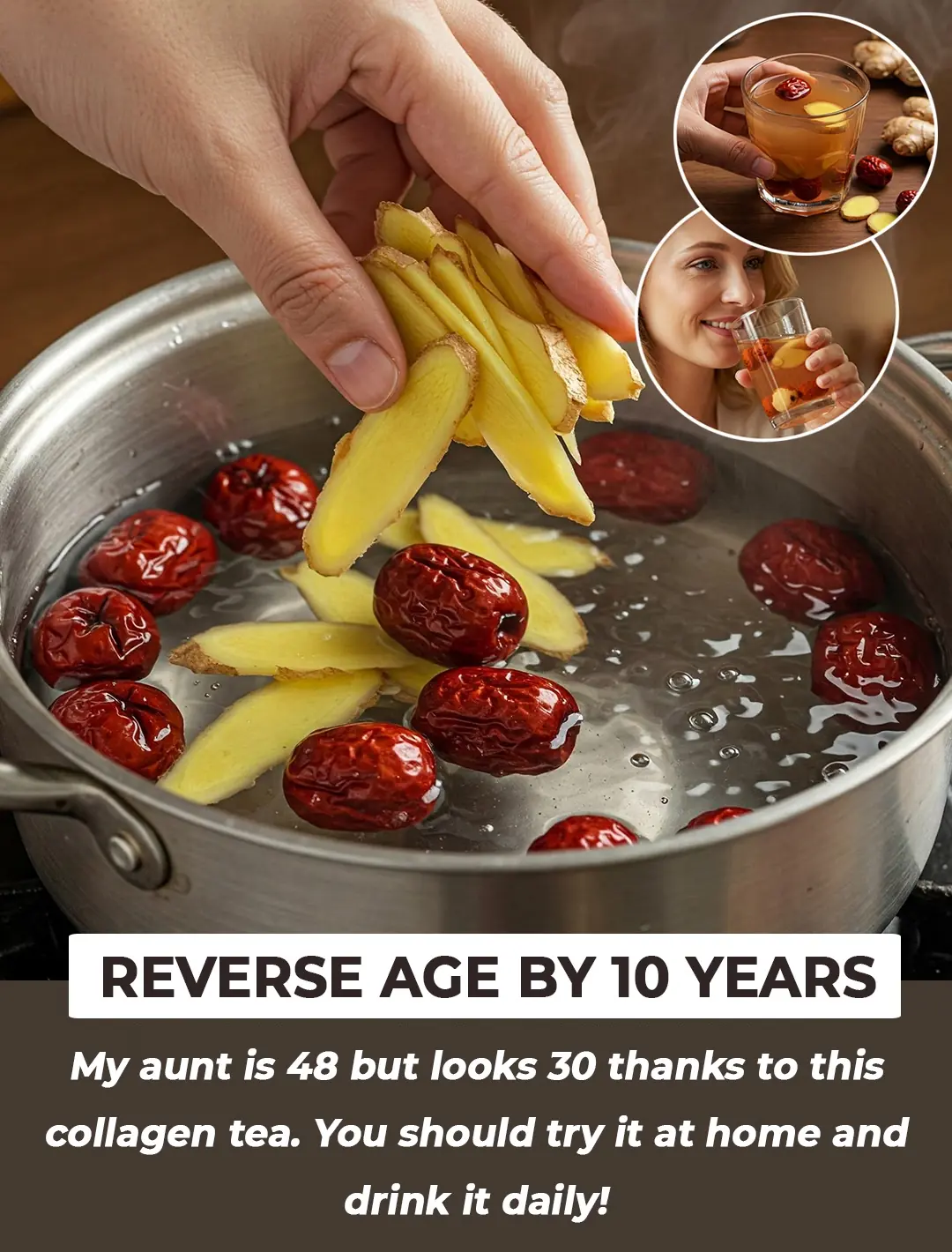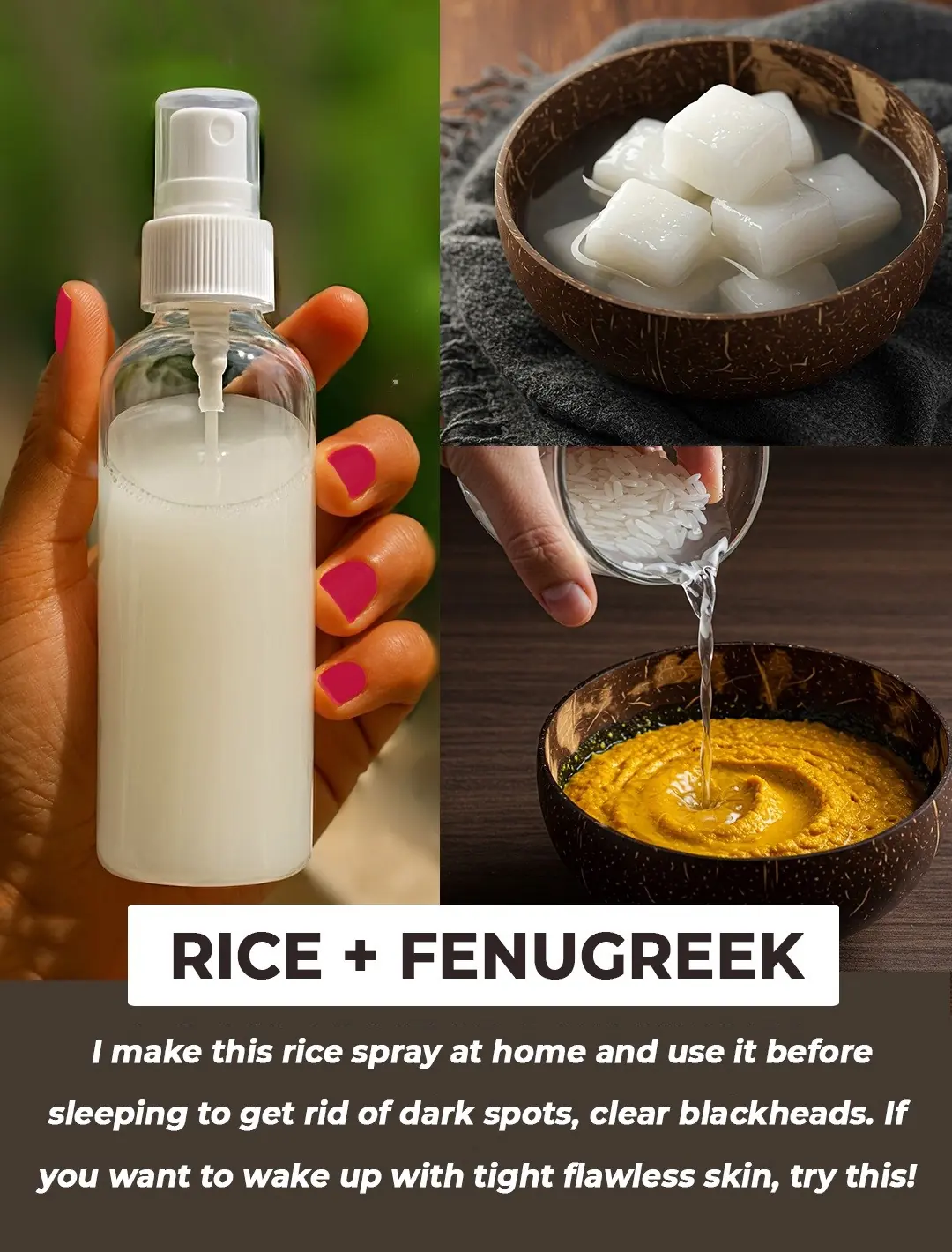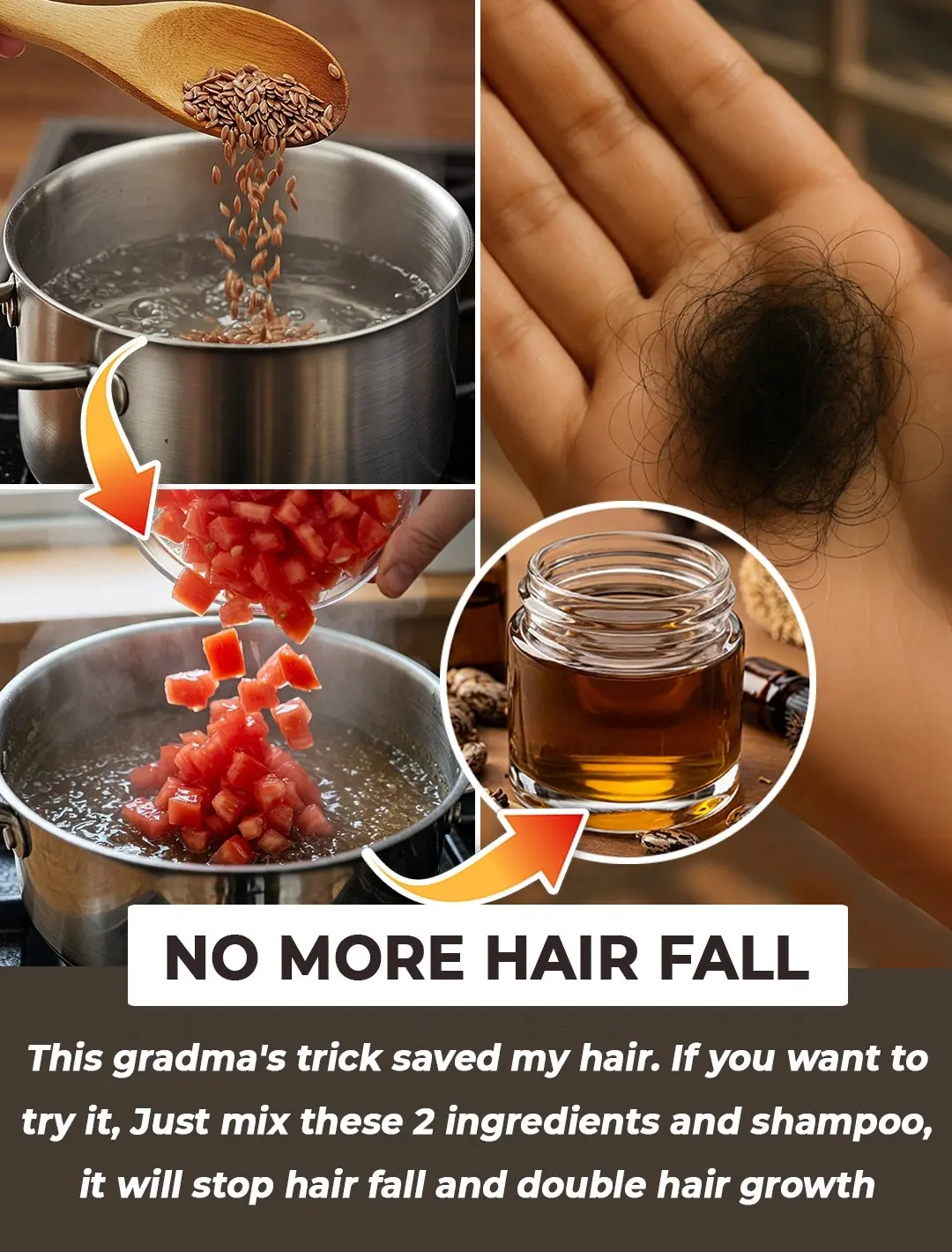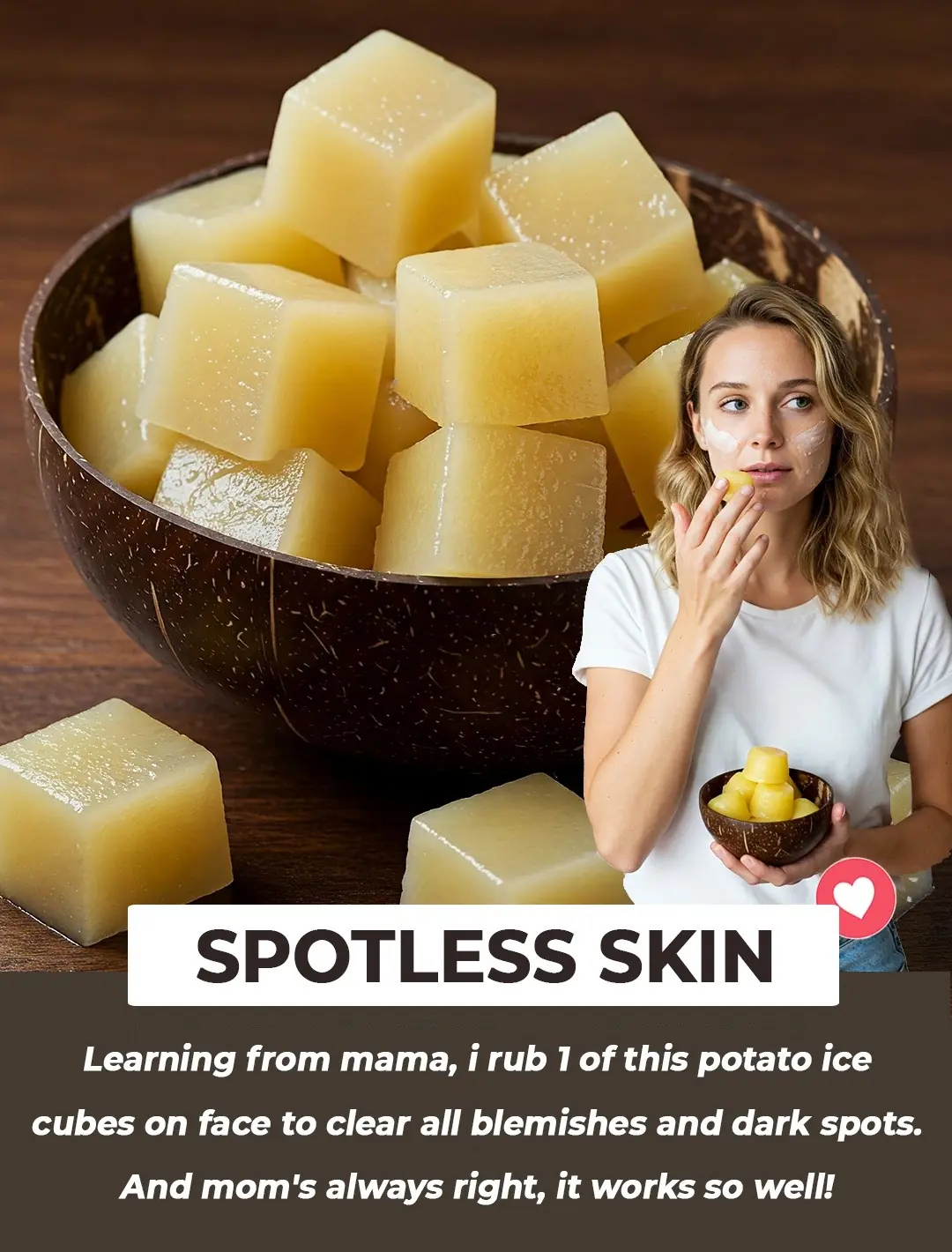
The Role of Eggs and Choline in Reducing the Risk of Cognitive Decline
The Role of Eggs and Choline in Reducing the Risk of Cognitive Decline
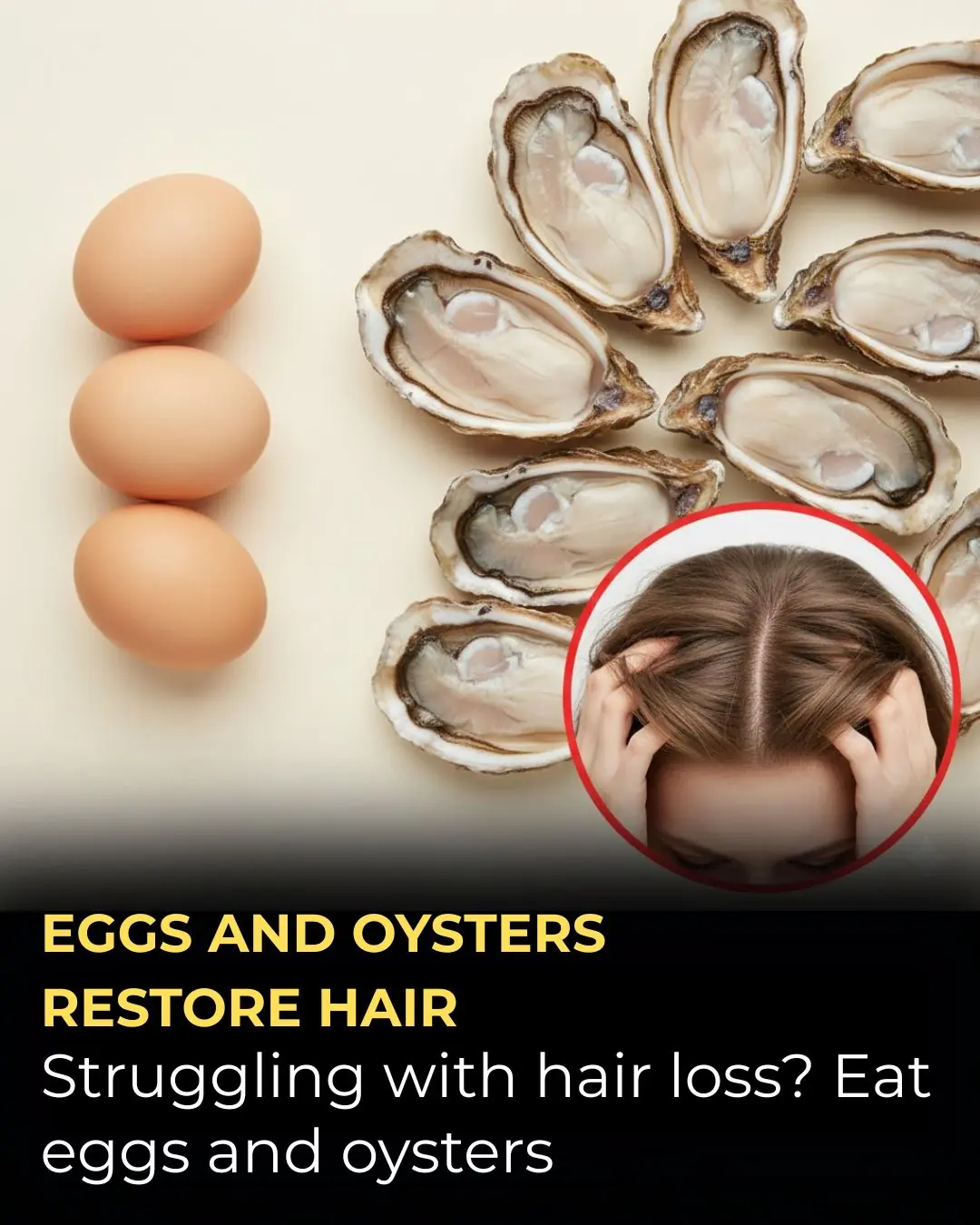
Struggling with hair loss or thinning hair? Nutrition can be your first line of defence. Incorporating eggs and oysters into your diet may support stronger, healthier hair naturally.
Eggs are a nutrient-dense food rich in high-quality protein, biotin (vitamin B7), choline, and vitamin A, all of which play important roles in maintaining healthy hair follicles, supporting hair growth, and helping to prevent breakage. For example, one recent review described eggs as “the most cost-effective foods” for delivering key nutrients such as biotin and protein to support hair health. PubMed+1 Biotin in particular helps with the body’s metabolic processes and is present at meaningful levels in eggs, with one whole egg providing about one third of the daily value. Healthline+1 According to research, peptides derived from egg yolk may even stimulate factors tied to hair growth, such as vascular endothelial growth factor (VEGF). Belgravia Centre
Meanwhile, oysters stand out as one of the richest dietary sources of zinc—a crucial mineral for hair regeneration, follicle health, and the normal functioning of hair-growing follicles. Research has shown that individuals with certain types of hair loss often have lower serum zinc levels compared to control groups. PMC+2PMC+2 Zinc supports hair by aiding the division and proliferation of hair-follicle cells, contributing to keratin production (the primary protein in hair), and ensuring a healthy scalp environment. Wimpole Clinic+1
When combined, eggs and oysters provide complementary nutrients: eggs offer protein, biotin and other vitamins, while oysters bring zinc and other trace minerals. This dual approach helps supply important “building blocks” for hair repair, growth and overall health from the inside out.
Incorporating eggs and oysters into your diet over time—alongside a balanced, healthy lifestyle—can help improve hair density, thickness and shine. For example, eating eggs as part of a breakfast or snack several times per week ensures you’re consistently providing your body with hair-friendly nutrients. Oysters can be enjoyed when possible, or replaced by other zinc-rich foods (like lean red meat, pumpkin seeds or fortified cereals) if you have dietary or budget constraints. Added together, these nutrients may help strengthen your scalp health and reduce the risk of further hair thinning or shedding.
For those who are looking to boost hair growth without resorting to expensive treatments or harsh chemical interventions, adding eggs and oysters to your diet presents an easy, affordable, and science-supported strategy. It’s not a replacement for medical treatments when needed, but it is a natural, nutrition-based foundation that supports hair from within. As always, if you have sudden or severe hair loss, or suspect nutrient deficiencies or hormonal issues, it’s wise to seek professional guidance (e.g., from a dermatologist or dietitian) to explore underlying causes and tailor a plan accordingly.
In summary:
Eggs bring protein + biotin + vitamins → critical for hair-follicle strength and growth.
Oysters bring zinc → essential for follicle regeneration and maintaining scalp health.
Together, they form a strong nutritional platform to support hair density, thickness and shine.
They offer a natural, budget-friendly strategy for better hair health when paired with a good lifestyle.
References:
“Rethinking of positive effects of eggs on hair in East Asia” (Journal of Cosmetic Dermatology) PubMed+1
“A Review of the Use of Biotin for Hair Loss” (PMC) PMC+1
“Analysis of Serum Zinc and Copper Concentrations in Hair Loss” (PMC) PMC
“Zinc for Hair Growth – The Scientific Facts” (Aventus Clinic) Aventus Clinic

The Role of Eggs and Choline in Reducing the Risk of Cognitive Decline


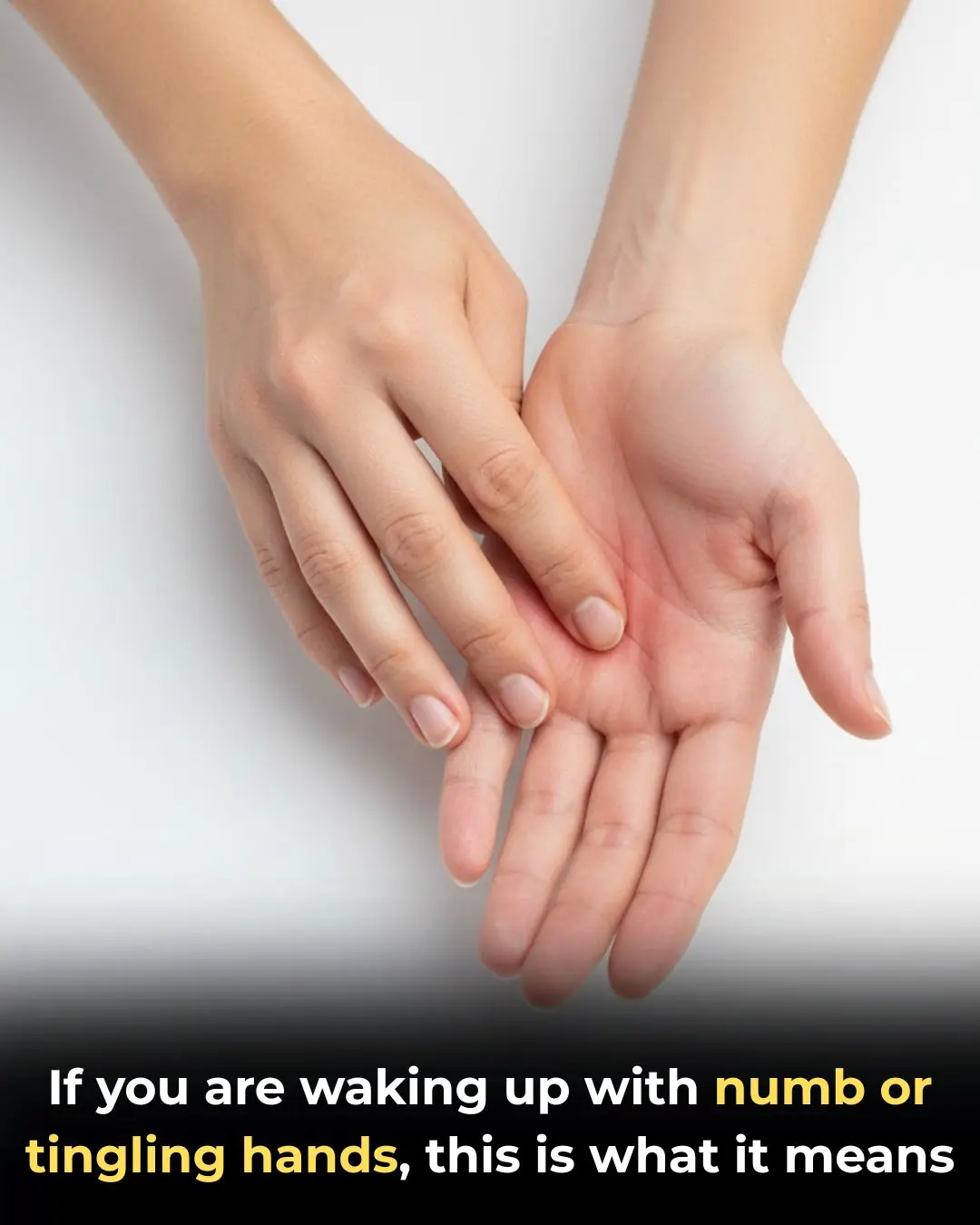
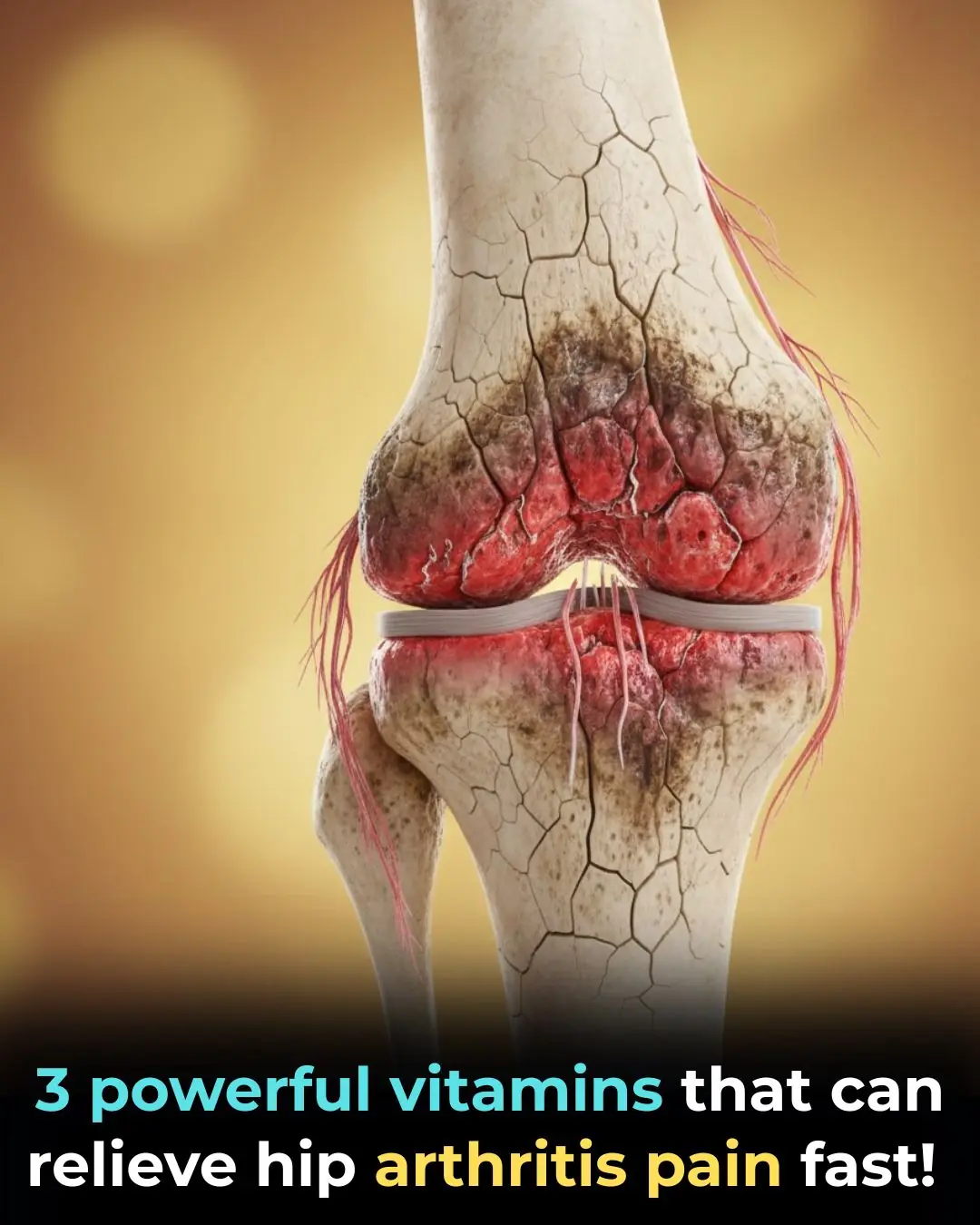
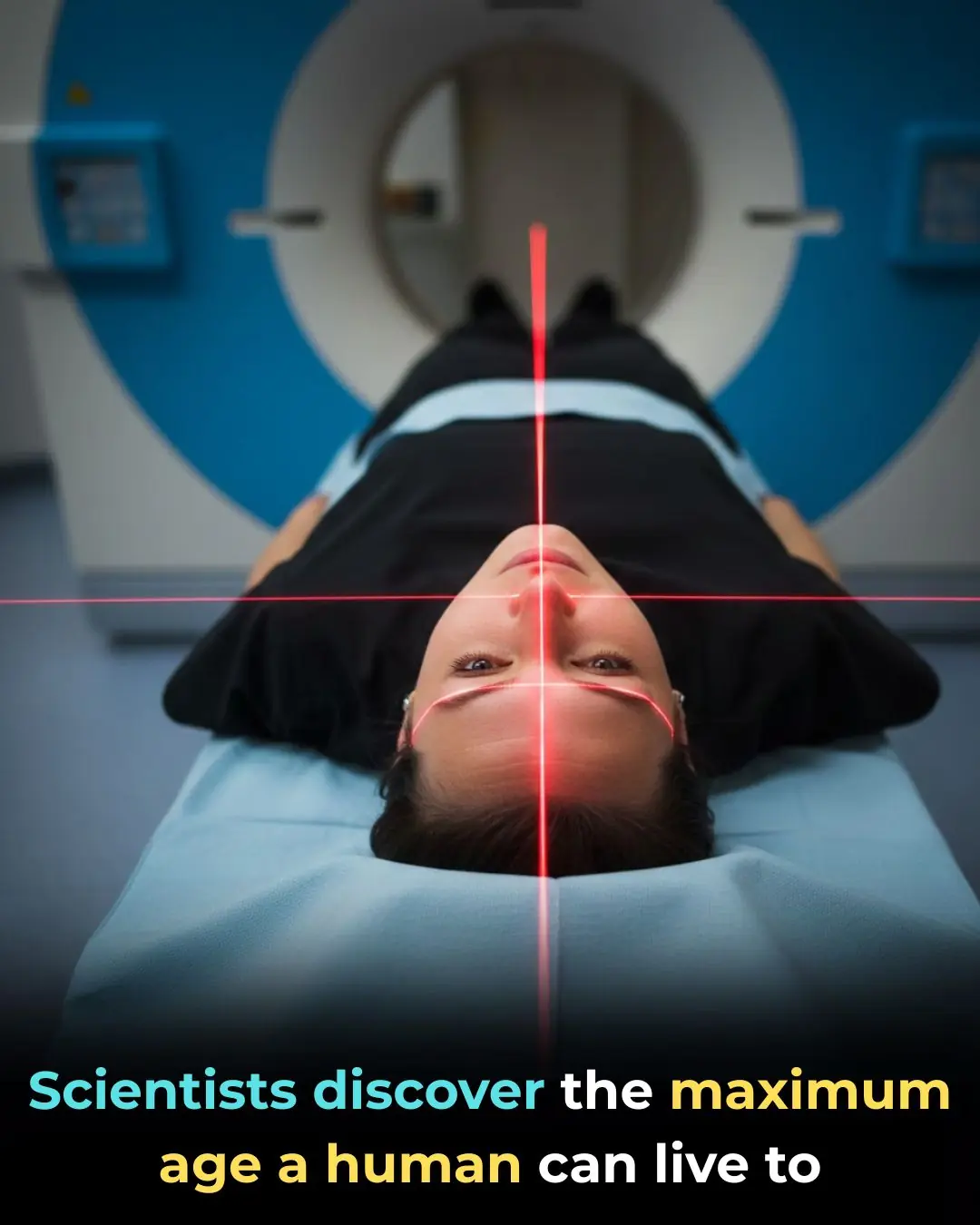
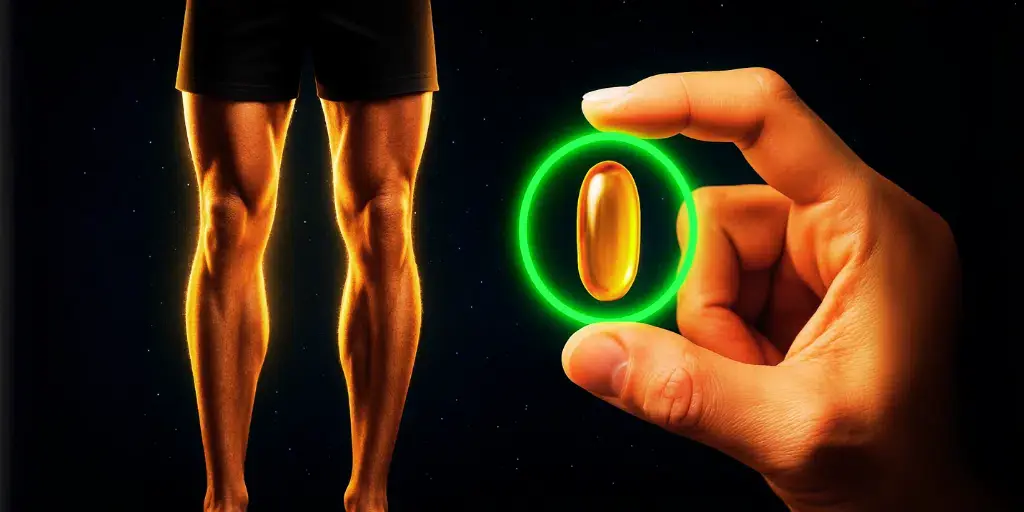
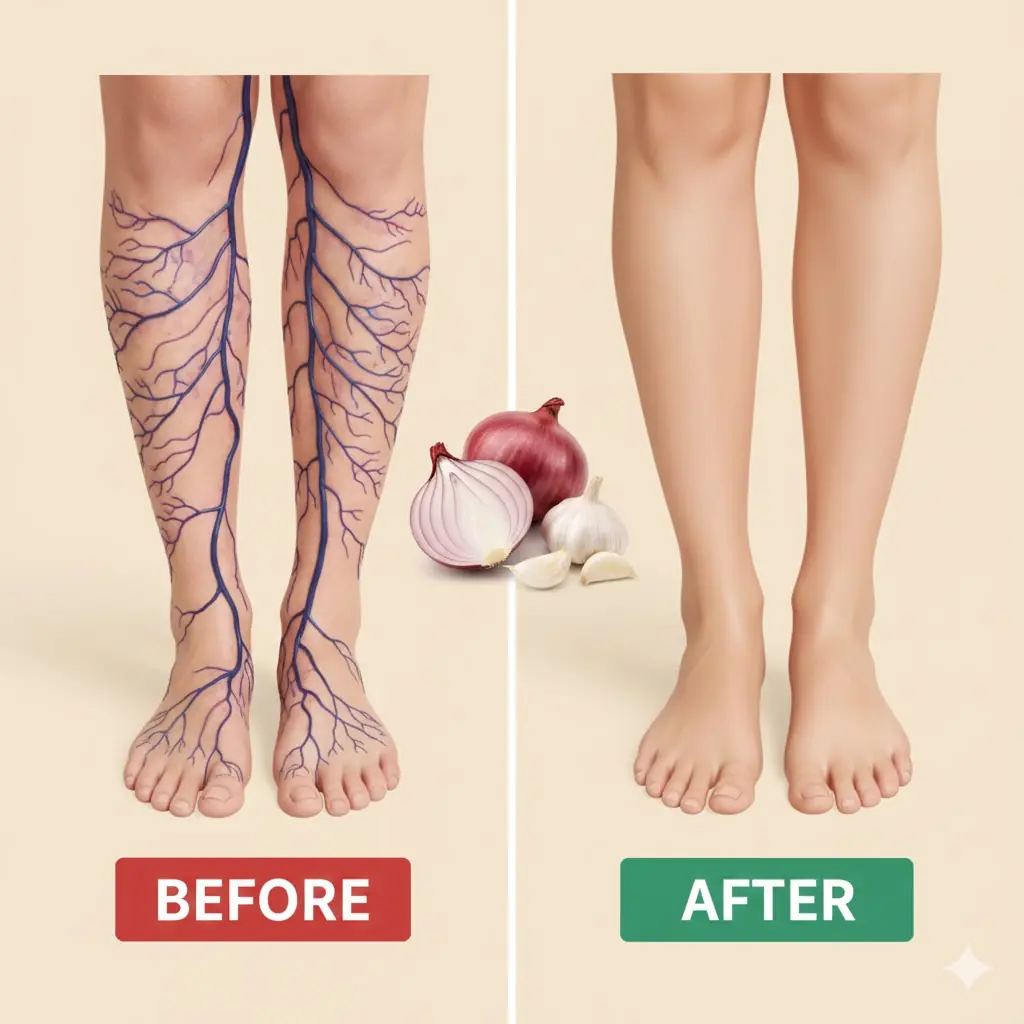
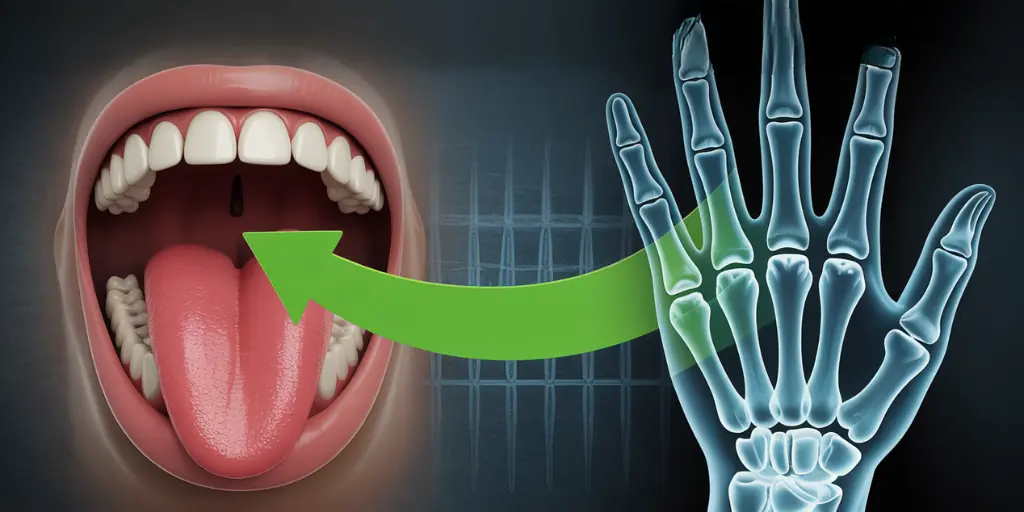
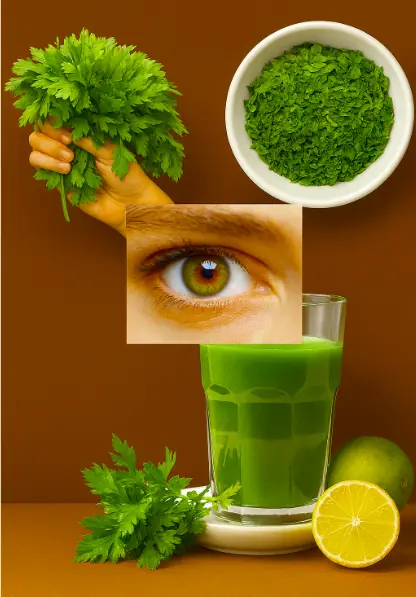
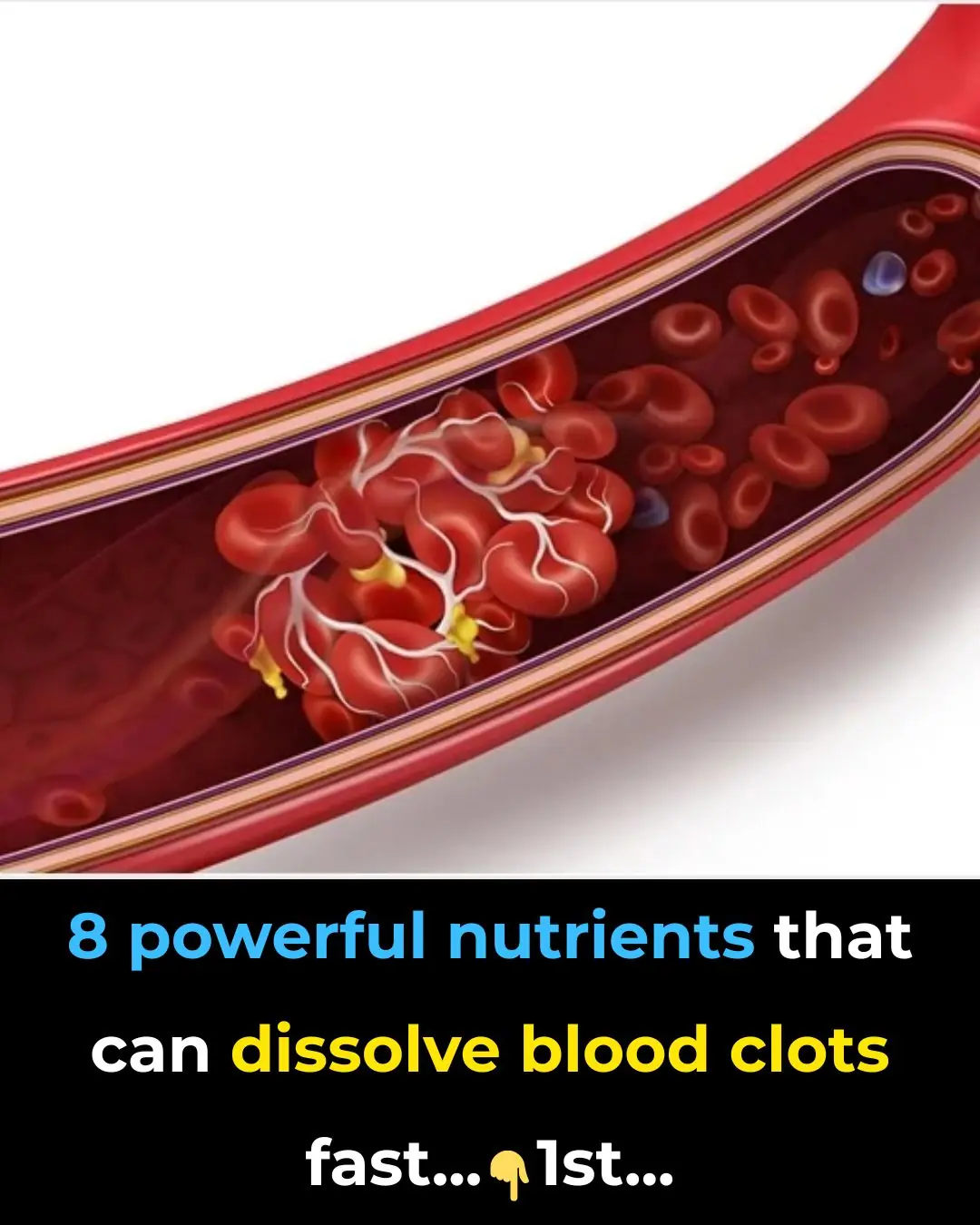
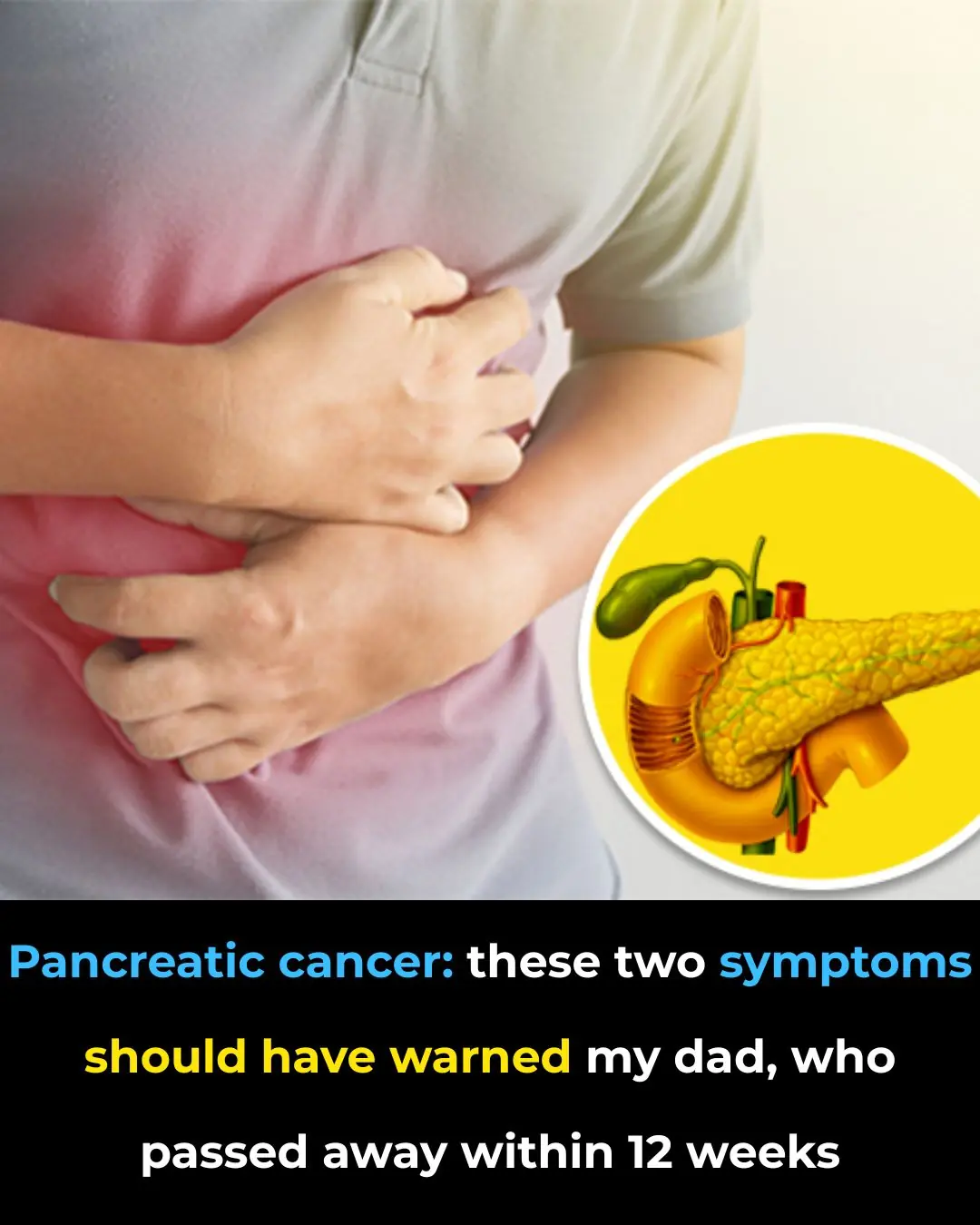
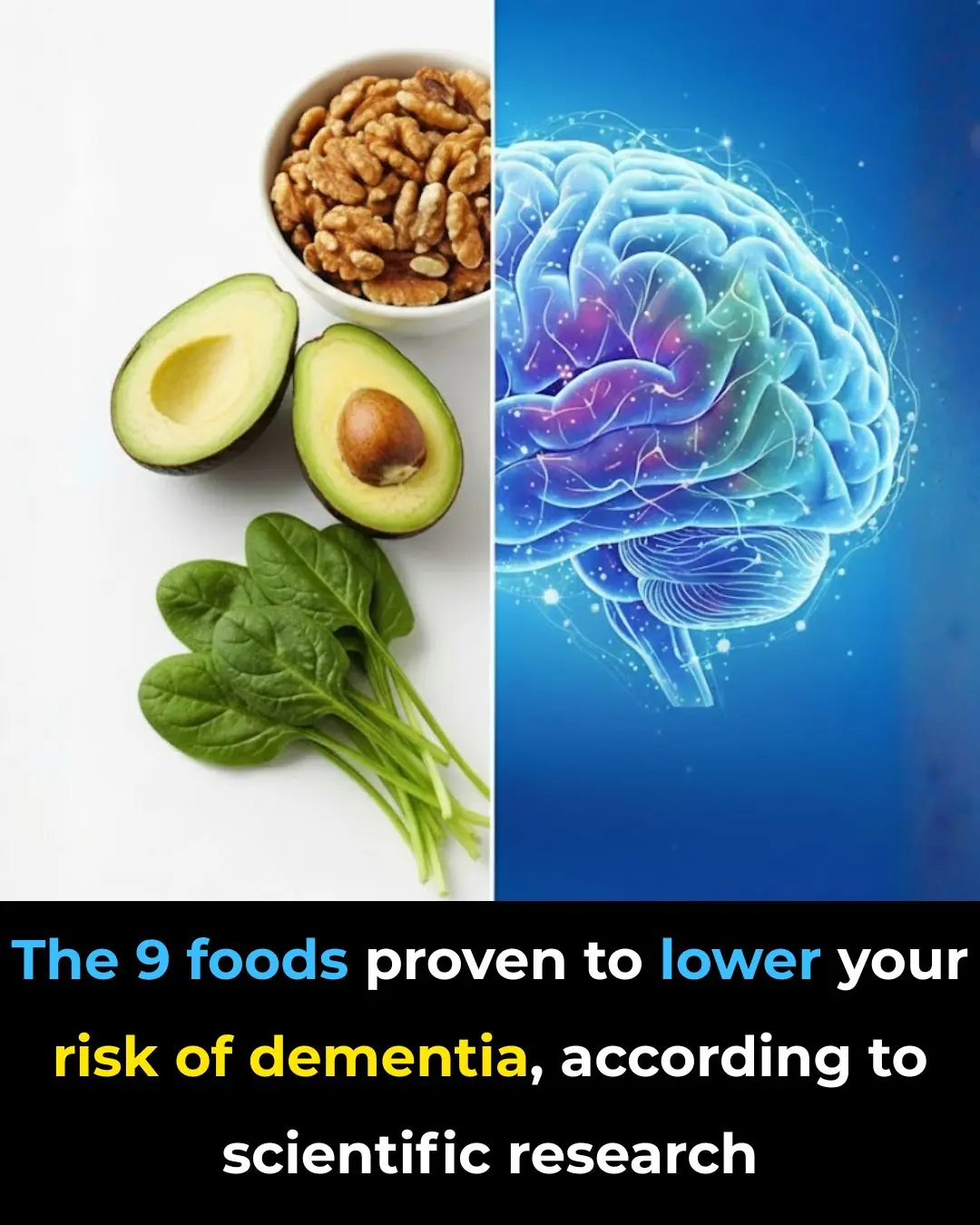
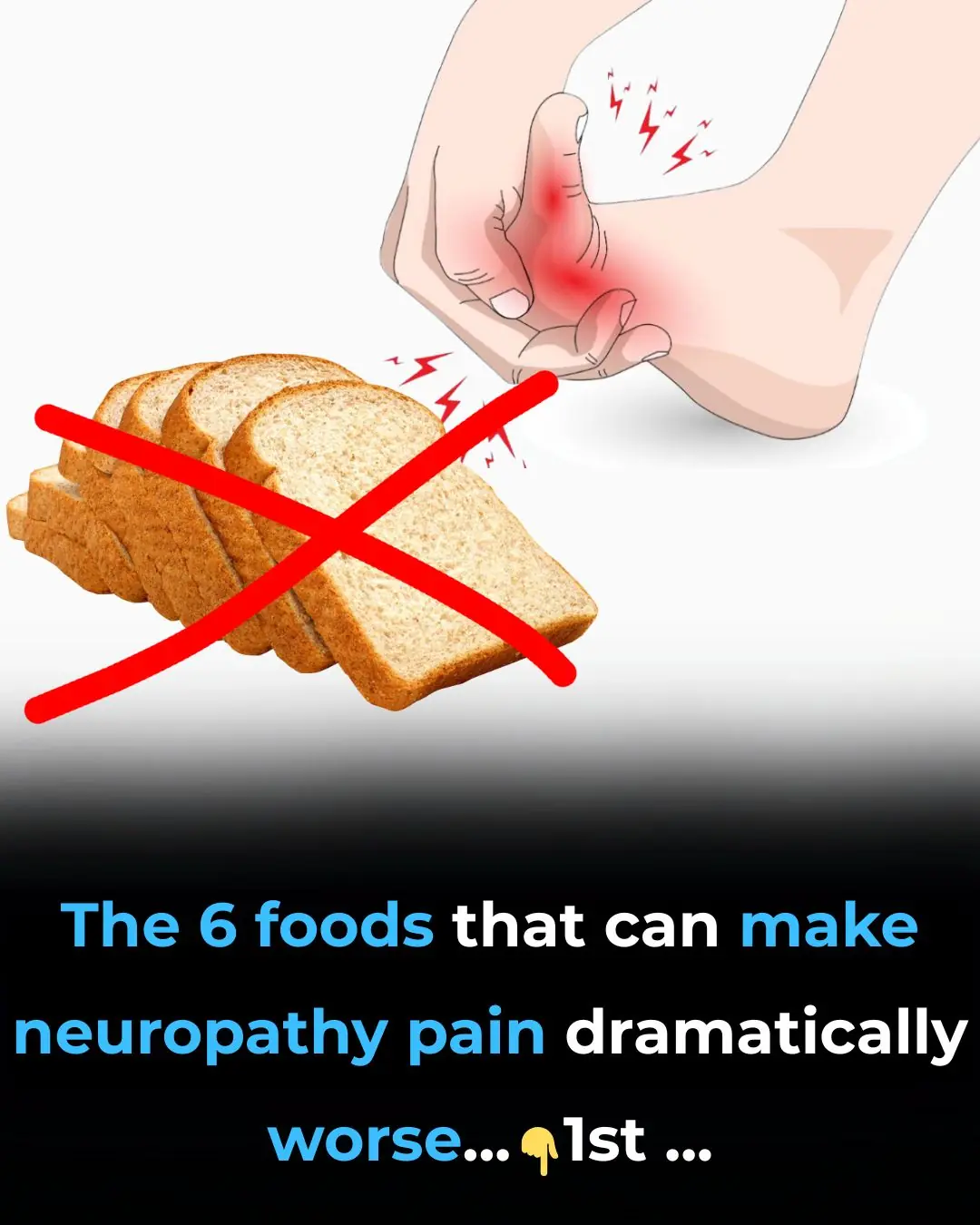
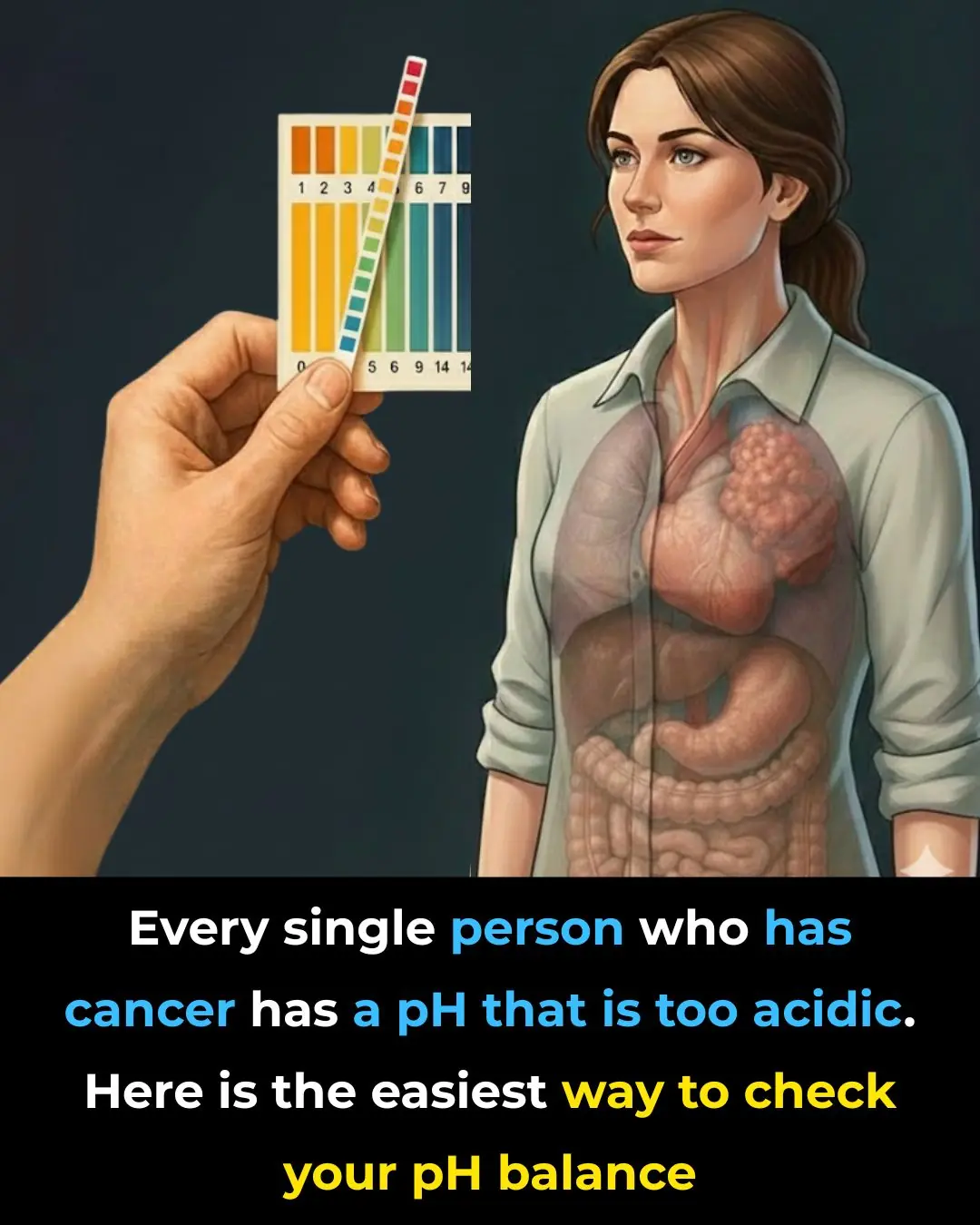

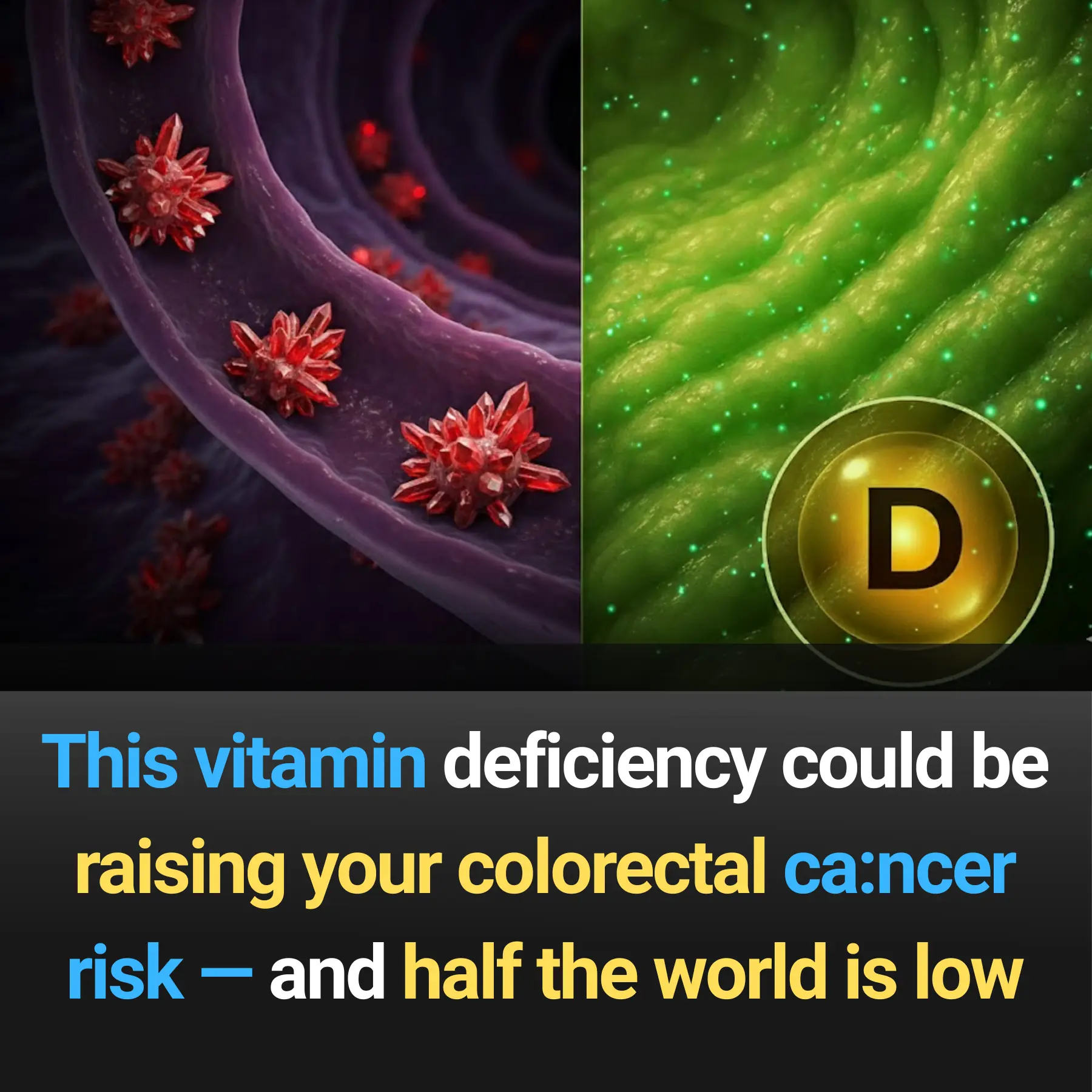
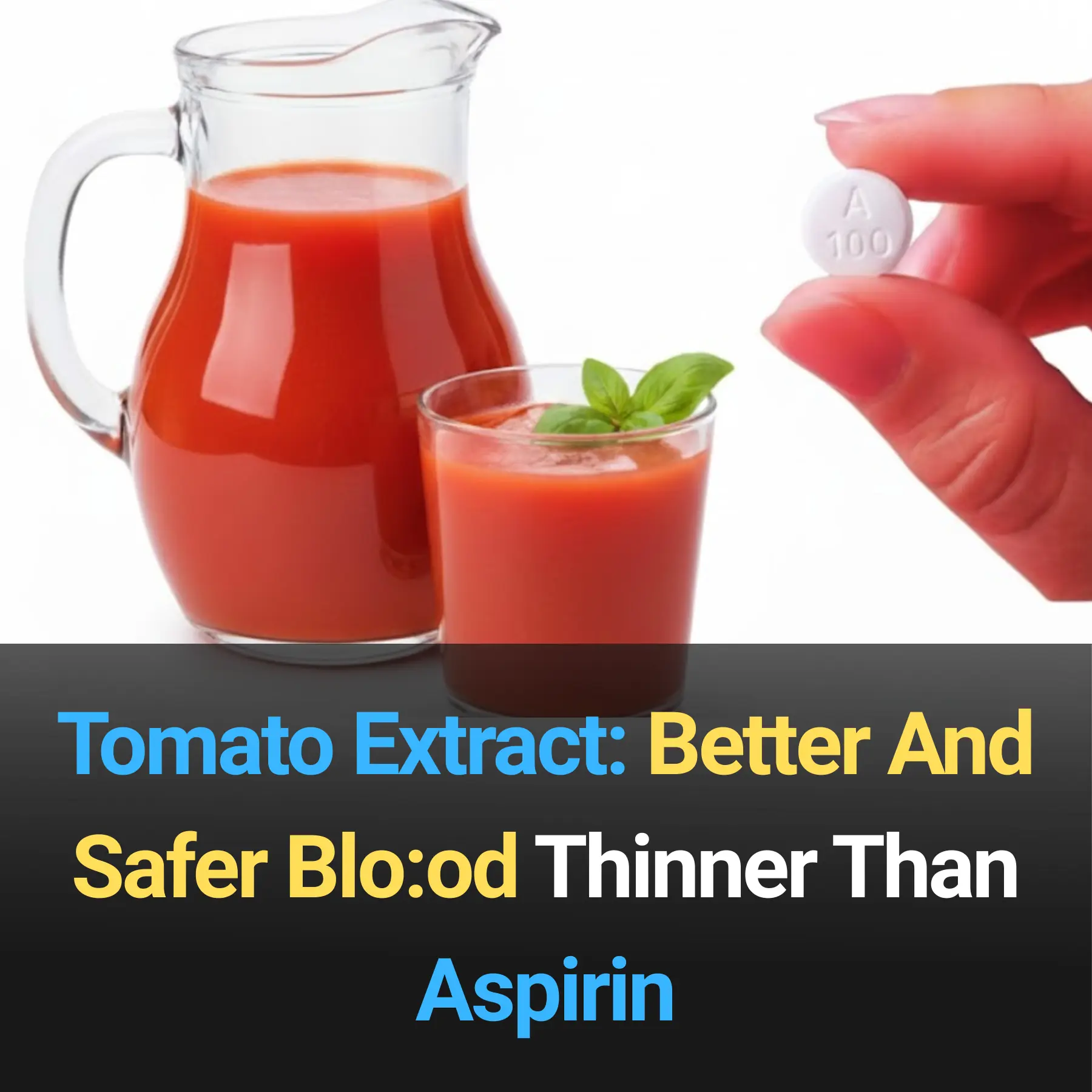

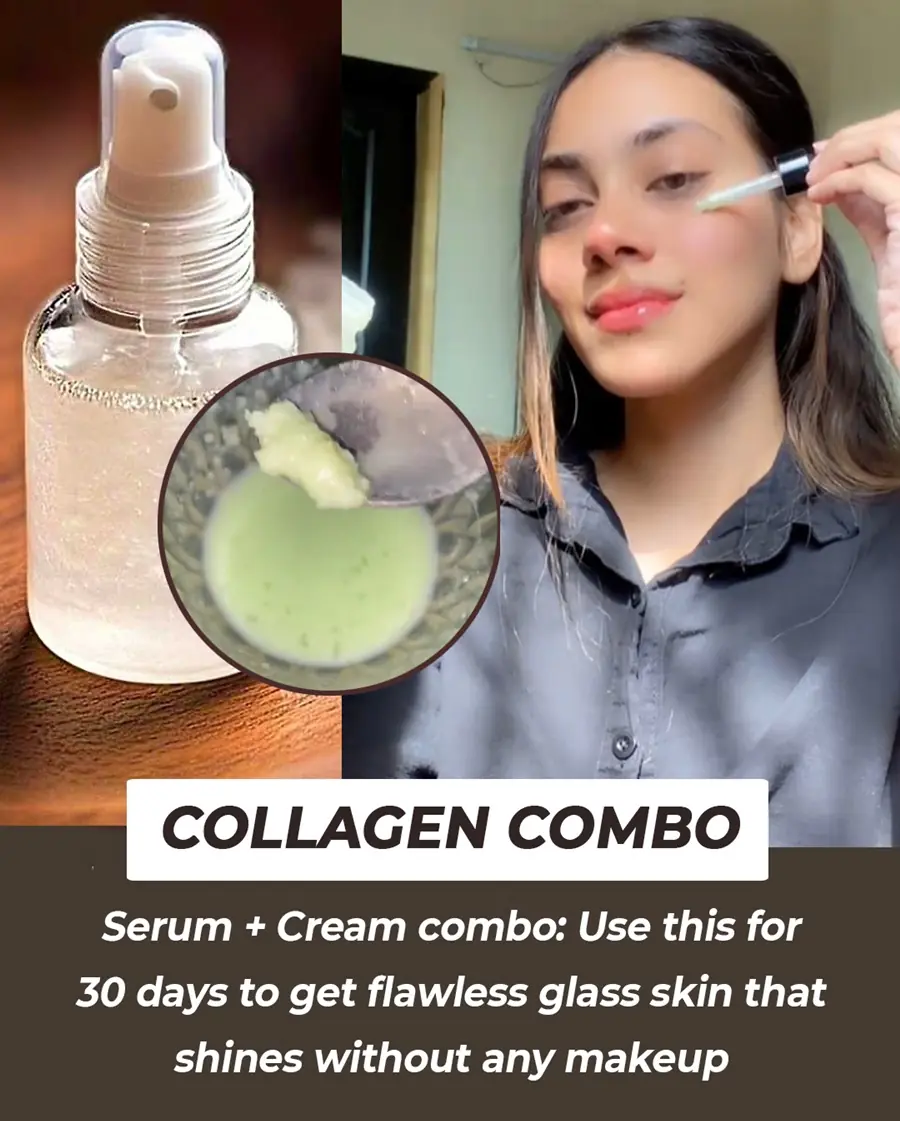

The Role of Eggs and Choline in Reducing the Risk of Cognitive Decline

